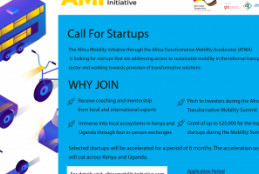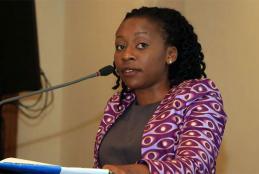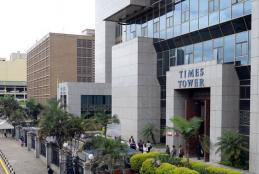NSE gains Sh10bn as blue-chips rebound
Increased demand for Safaricom
and top bank stocks Tuesday saw the Nairobi bourse gain Sh10 billion in market capitalisation, recovering some of the heavy losses recorded on Monday.
The value of all the Nairobi Securities Exchange-listed firms rose to Sh2.27 trillion from Sh2.26 trillion as most of the heavily battered stocks registered gains in the single digits.
The market had dropped by Sh125 billion on Monday, the largest decline in a single day in the history of the exchange in what has been linked to foreign investor flight.



